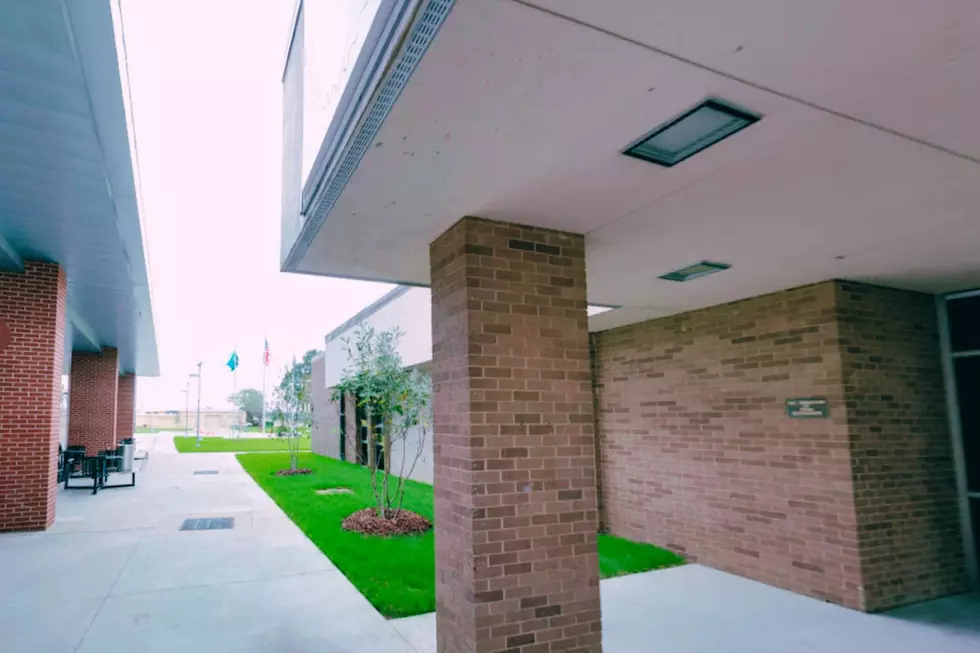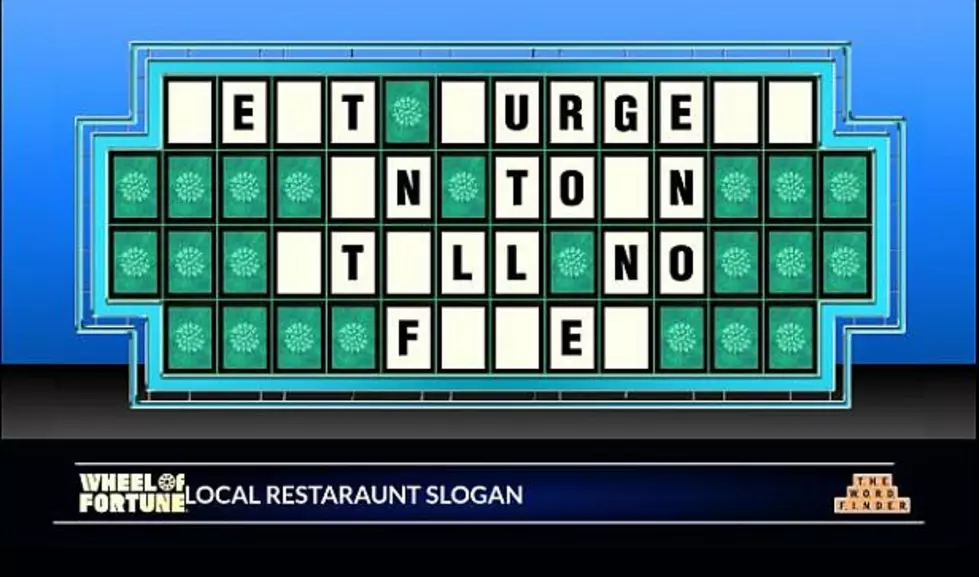
Jindal Budget Seeks To Avoid Deep College Cuts
BATON ROUGE, La. (AP) - Gov. Bobby Jindal will propose Friday to scale back spending on tax credits and offer lawmakers a package of fee hikes and money-generating ideas that could keep Louisiana's colleges from facing deep, damaging cuts that had been forecast next year.
"Our goal is to protect higher education and get down to no cuts," said Jindal chief of staff Kyle Plotkin.
The governor's recommendations for closing a $1.6 billion gap in the fiscal year that begins July 1 will be presented to the Legislature's joint budget committee Friday. The Associated Press received a preview Thursday.
The gap is mainly tied to the use of patchwork money from insurance settlements, property sales and other one-time sources of cash that aren't expected to reappear next year. Nose-diving oil prices worsened the problem.
The hefty size of the shortfall leaves higher education and health care services, which are the least protected areas of the state's budget, most at risk to the chopping block. College leaders have worried that their campuses could be devastated with widespread layoffs and program closures.
To help close the shortfall, Jindal proposes to spend $526 million less on refundable tax credits, in which the state often pays out more than the taxes a person or business owes. The governor wants to rework 12 tax credits so the state doesn't pay more than the tax liability.
The savings would be split, with $154 million going to health care and the remaining $372 million going to higher education, according to Commissioner of Administration Kristy Nichols, the governor's top budget adviser.
Tax credits that would be capped include for wind and solar systems, research and development projects, musical and theatrical projects, sugarcane trailer conversions, milk producers, historic residential rehabilitations and vehicles conversions to alternative fuels.
The priciest tax credit on the list for scale-back is the inventory tax credit, a more than $400 million tax break that refunds businesses for payments of certain property taxes assessed by parish governments. Attempts to curtail that spending could face pushback from businesses.
"Whether or not we want to subsidize corporations who don't have a tax liability versus prioritize higher education and health care, that's the choices we have to make," Nichols said.
Even with the cap on those tax credits, the governor's budget proposal still contains $200 million in cuts to colleges. But Jindal will offer lawmakers a list of suggested ways they could close most of that gap, without a net increase in state taxes.
The biggest ticket item on the list Nichols outlined involves millions in additional fee hikes on students. Parents would get a tax break to repay them for the spending, and the dollars to pay for that tax break would come from an increase in the state's cigarette tax.
Other money-generating ideas to be offered by the governor would include fee hikes across state agencies, the sale of surplus property and the redirection of unclaimed lottery winnings that otherwise would go toward boosting the payout of other lottery drawings.
Spending on health care services, however, would drop by about $235 million next year, with a reduction in state money and the corresponding loss in federal Medicaid match money. Nichols didn't describe where the cuts would fall, but said the administration worked to preserve services.
She said spending wouldn't be reduced on the LSU hospital privatization deals, the Bayou Health program that provides many of the state's Medicaid services or the rates paid to hospitals, nursing homes and health care providers that take care of Medicaid patients. She also said no cuts would fall on people already receiving care from programs that provide home- and community-based care to the elderly and to developmentally disabled persons.
More From News Talk 96.5 KPEL









